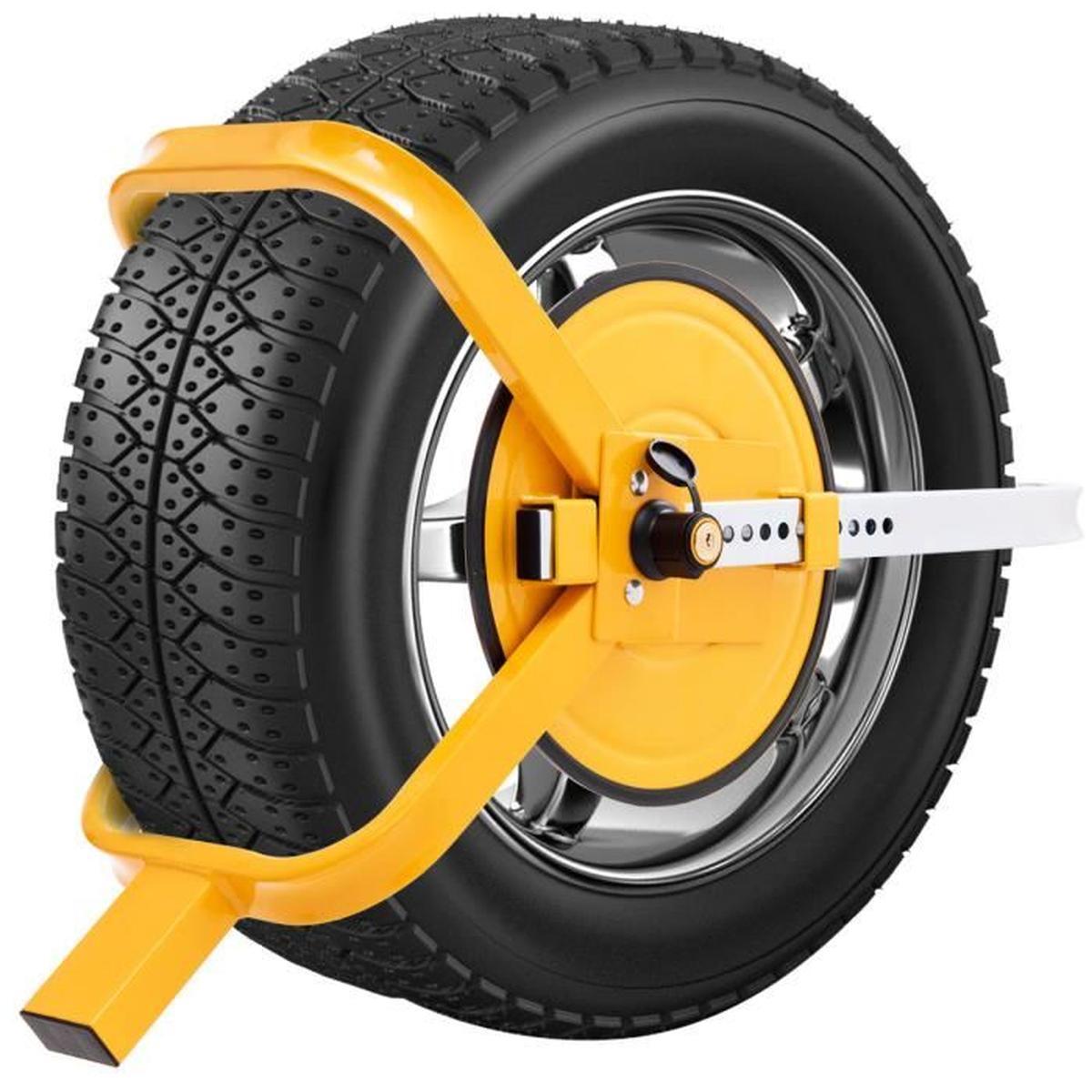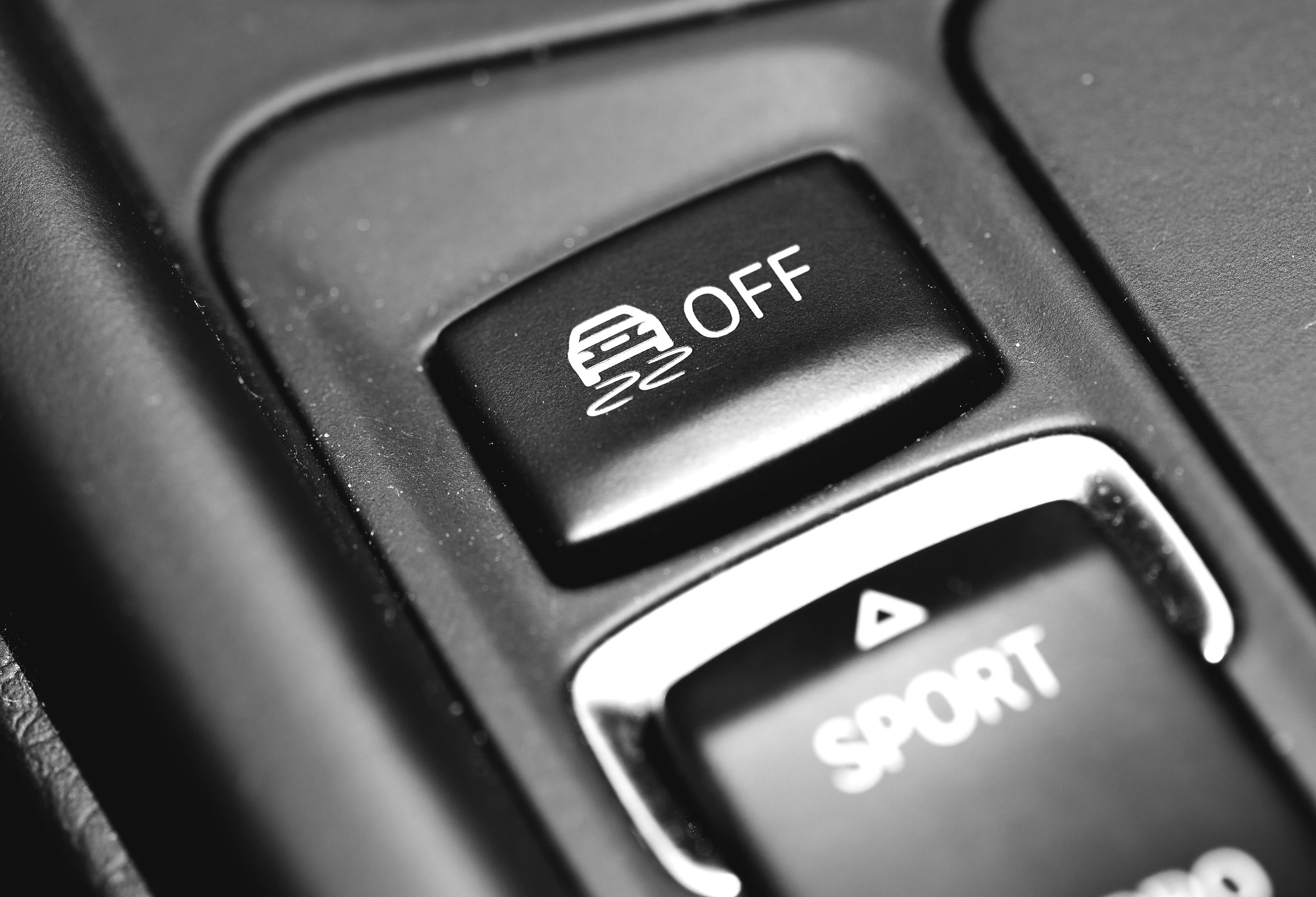In this article we are going to find out the cost of a travel trailer insurance plus many other things you need to know about a travel trailer. To get started, let us see what a travel trailer is, and the advantages of having one.
What Is a Travel Trailer?
The most common non-motorized RV is the travel trailer. You’ve probably seen one tied to a car or pickup on the side of the road. Travel trailers come in a variety of shapes and sizes, from tiny jellybean-shaped models with a chuckwagon kitchen in the back to gigantic house-on-wheels with picture windows and a sliding glass patio door.
The modern travel trailer uses a hitch fastened to the chassis of your tow vehicle, together with specific gear, to make towing safe and straightforward.
How Much Is a Travel Trailer Insurance?
In 2020, the average premium for a 12-month travel trailer insurance policy was $502, and the average premium for a 12-month motorhome insurance policy was $848. The cost of a liability-only RV policy starts at $125 per year. The cost of RV insurance varies greatly depending on a number of factors, including the type of motorhome or travel trailer you own, your location, how much you use it, and your driving expertise.
Read also:2021 Dodge Barracuda: Latest Reviews
Factors That Affect a Travel Trailer Insurance Cost
Due to the wide range of RV models and classifications, as well as the usual factors that impact the cost of motor vehicle insurance, RV insurance policies have a wide range of prices. The following are some significant elements that influence RV insurance rates:
Age Type & Condition
In general, motorhomes are more expensive to insure than travel trailers. Motorhomes, unlike travel trailers that are “towed” by another vehicle, are driven and hence require liability insurance. Furthermore, most trailers, pop-up campers, truck camps, and fifth wheels will cost more to replace than state-of-the-art motorhomes.
Because of the difference in resale value, a new, deluxe RV will cost more to insure than an older utility trailer.
RV insurance is often more expensive for the largest form of RV, the class A motorhome, than for the smaller class C motorhome and class B camper van.
Usage
If you live in your RV for six months or more a year, you may need to acquire extra coverages, such as personal liability, medical payments, and loss assessment coverage, that protect you in the same manner that a homes insurance policy would.
If you use your RV for leisure purposes, you may need to notify your insurance how many days you spend in your RV each year. Some insurers charge a higher price if you use your RV frequently.
Location
RV insurance premiums are determined by your state, area, and ZIP code, much like vehicle insurance. Motor vehicle accidents are more likely in densely populated locations, which raises the cost of RV insurance. RV insurance may be more expensive in areas prone to catastrophic weather and vehicle theft.
Coverage Selection
If you’re financing your RV, lenders will almost always want comprehensive and collision coverage to protect your RV, which will raise the cost of your policy. If your RV is paid in full, you can opt out of physical damage coverages to save money on your insurance. Even if you’re not financing your trailer, all travel trailer policies must contain comprehensive and collision coverage. Extra coverages such as roadside assistance, vacation liability, and total loss replacement can be beneficial, but they will increase the cost of your insurance policy.
Driving Experience
Towing a travel trailer or driving a motorhome is a completely different experience from driving a regular car. In average, experienced RV drivers pay less for insurance than new drivers.
What Are The Advantages Of Owning a Travel Trailer?
The following are the top reasons why you should own a travel trailer:
It’s More Affordable Than a Motorhome
If you enjoy traveling, the costs can quickly add up while you are on the road. You can avoid the upfront cost of purchasing a motorhome by owning a travel trailer. RVs are notoriously expensive, with the largest models costing more than $100,000 brand new. If you want to buy a travel trailer in similar condition, you can expect to pay anywhere from 15% to 30% of the original MSRP. This benefit indicates that you can enjoy the RV lifestyle without depleting your bank account.
It Comes In Different Shapes and Sizes
There are a variety of travel trailer designs available today, so you should be able to find something that will work with your current vehicle. Basic choices, such as pop-up campsites, are available for cars and SUVs that can only pull 1,000 pounds. Large fifth-wheel trailers are the most expensive option in this category, but they also come with the most features.
Although entry-level goods may not provide the level of insulation required for specific activities, they can help you save money overall. If you pursue this product, you will always be able to find a fair compromise.
It Makes Travel Arrangements Easy and Flexible
This option allows you more freedom with your travel arrangements because you require a vehicle to tow a travel trailer. If you pull a vehicle behind an RV, you can bring it along, but the trailer makes your car or SUV the main component of your rig. It’s a lot easier to drive into a campground and unhook a fifth wheel than it is to unhook a towing rig for a car so you can go exploring.
If you had a larger RV, you might not be able to tow it to all of the destinations you wish to go. A trailer makes parking easier, allowing you to get more mileage out of your investment. It may also save some families the cost of renting a car.
Insurance Cost Is Low For Travel Trailers
When you own a larger, more expensive vehicle, the expense of maintaining it rises. Travel trailer insurance is reasonably priced, ranging from $150 to $500 per year. That sum is a fraction of what it would cost to insure a Class A RV. Finding the best rate is critical for lowering your annual spending if you drive your motorhome or trailer full-time.
Insurance for an entry-level RV can easily cost $1,500 or more. A tiny travel trailer, which can cost as little as 10% of that amount, is an excellent investment for individuals who wish to get on the road without spending a lot of money.
It’s Easier To Maintain a Travel Trailer Than an RV
When towing a travel trailer, you don’t need to bother about an engine. You’re left with the pieces that need to be maintained due to normal wear and tear. An RV is equipped with an engine that requires special attention. The higher the worth of your vehicle, the more maintenance it will require to keep it in working order. To get the most out of this benefit, all you have to do is make sure your generator or battery is operational.
The normal travel trailer owner may also perform the majority of the maintenance work themselves at home. If you took an RV to a professional mechanic, the cost of keeping it tuned up might be as high as $100 per hour of labor.
It’s Economical For Most Families
A travel trailer can be stocked with food, water, and all of the materials you’ll need for a trip. That means you’ll be able to save money every day because you won’t be eating out. A price for entry to a campground will be charged, although it will be substantially less than the cost of a hotel room. Most areas where you can take a travel trailer include amenities similar to hotels, such as swimming pools and on-site restaurants, if you still desire those things on your trip.
Even when comparing gasoline expenses, the travel trailer is the clear winner. When traveling at highway speeds, an RV can consume a lot of fuel. When towing the extra weight, your vehicle or SUV won’t get as many miles per gallon, but the cost will still be far less than if you were in a Class A or Class C motorhome.
How Much Does a Travel Trailer Weigh?
The weight of a travel trailer can range from 1,200 to over 9,000 pounds. They come in a variety of lengths, designs, and constructions to accommodate a wide range of weights. The normal maximum weight of a smaller travel trailer is around 3,500 pounds (GVWR). When completely loaded, some larger travel trailers can weigh over 10,000 pounds.
How Wide Is A Travel Trailer?
The average width of a travel trailer is 8 feet (or 96 inches). Most LITE or tiny travel trailers, on the other hand, are between 6 and 7 feet wide. With safety equipment, slide-outs, and other extensions, they can sometimes be a little wider than that. No travel trailer, however, is broader than 8.5 feet.
Travel trailers are subject to length, height, and width regulations in every state. These all differ slightly, but the general assumption is that trailers must be between 8 and 8.5 feet wide. I’ve included 11 examples of travel trailers below. Together, they provide a fairly accurate approximation of typical trailer widths in the actual world.
Conclusion
Hope you enjoyed reading this article on: How Much Is Travel Trailer Insurance? You can now tell the cost of a travel trailer insurance. If you need more information on this, do well to contact your insurance company.









